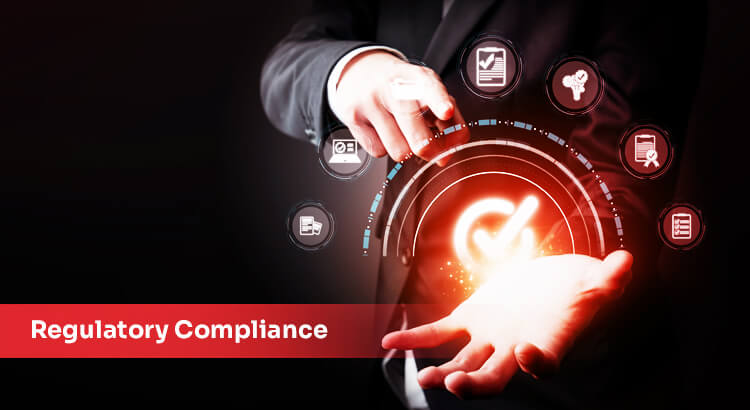The Evolving Compliance Stringency
In today’s hybrid IT landscape, data is generated and exchanged at unprecedented speed and volume. Security teams must not only protect on-premises and cloud-based resources but also a wide variety of digital assets. Routine responsibilities now extend to managing machine identities, enforcing API security, and applying role-based access controls (RBAC).
Organizations also contend with a diverse user base. Employees, third-party vendors, partners, and suppliers – all need timely yet secure access to mission-critical systems. The fundamental responsibility of IT security is to ensure that sensitive data remains available only to authorized users across all hosting environments.
Amid these challenges, global regulatory bodies are continuously revising their policies and guidelines to fortify data security frameworks. Identity and Access Management (IAM) has become a central mechanism for organizations to control access and safeguard digital environments in line with these evolving standards.
Key Regulatory Developments
India: The Digital Personal Data Protection (DPDP) Act, 2023 introduced a modern framework for data protection and privacy. Its scope spans industries such as banking, healthcare, hospitality, education, and government operations, making compliance crucial across sectors.
Reserve Bank of India: Effective April 1, 2024, the IT Governance, Risk, Controls and Assurance Practices Master Directions unify rules from multiple Acts to form a comprehensive regulatory reference point for financial institutions.
United Arab Emirates: By late 2024, the UAE Cybersecurity Council is expected to implement new policies centered on encryption, data protection, and secure transmission. However, compliance with NESA’s (National Electronic Security Authority) updated guidelines is mandatory for critical sectors in the country.
European Union: The Digital Operational Resilience Act (DORA) strengthens operational resilience in Europe’s financial sector, ensuring banks, insurers, and investment firms maintain security even during disruptions.
IAM as a Catalyst for Compliance
Compliance mandates vary by region and industry, but IAM provides a consistent framework for securing identities, enforcing access policies, and auditing activity. Strong IAM practices enable:
- Protection of user accounts through policy enforcement
- Continuous monitoring and auditing of accounts
- Revocation of elevated privileges in case of anomalies
Statistics highlight the urgency: The 2023 Verizon Data Breach Investigations Report attributes 40% of breaches to compromised credentials. Meanwhile, Gartner’s IAM Modernization Survey reveals that 66% of organizations underinvest in IAM, with nearly half struggling with inadequate staffing.
How ARCON Supports Regulatory Adherence
ARCON offers a comprehensive IAM suite that automates compliance with regional and global mandates:
Privileged Access Management (PAM): Ensures all privileged identities are monitored, controlled, and governed to meet compliance requirements.
Endpoint Privilege Management (EPM): Detects insider threats, compromised accounts, and anomalous behaviors at endpoints through advanced analytics.
Security Compliance Management (SCM): Continuously assesses systems against security baselines to identify risks and ensure alignment with IT standards.
Cloud Governance (CG): Facilitates adherence to FedRAMP, NIST, SOC 2, and other cloud compliance frameworks with automated monitoring and accountability tools.
My Vault: Provides a centralized, secure repository for confidential business information, ensuring compliance with data privacy and protection mandates.
Global Remote Access (GRA): Delivers secure, zero-trust-based remote access to critical infrastructure, meeting third-party access compliance needs.
Drift Management (DM): Identifies and addresses application drifts before they evolve into compliance gaps or operational risks.
Conclusion
The proliferation of digital identities and the tightening of regulatory frameworks demand proactive security strategies. ARCON’s IAM solutions empower organizations to automatically align with global compliance mandates while minimizing manual intervention, ensuring both security resilience and regulatory adherence.

